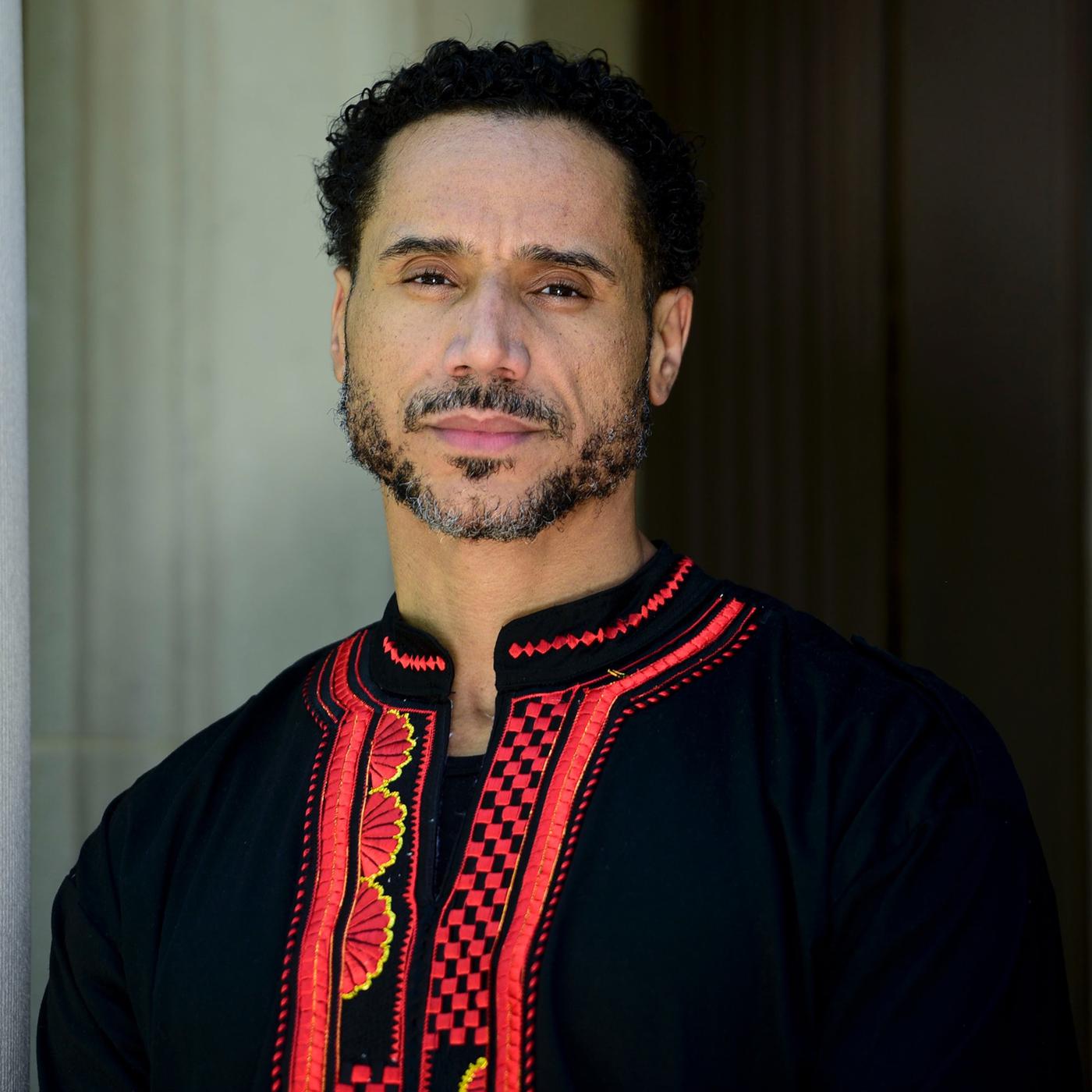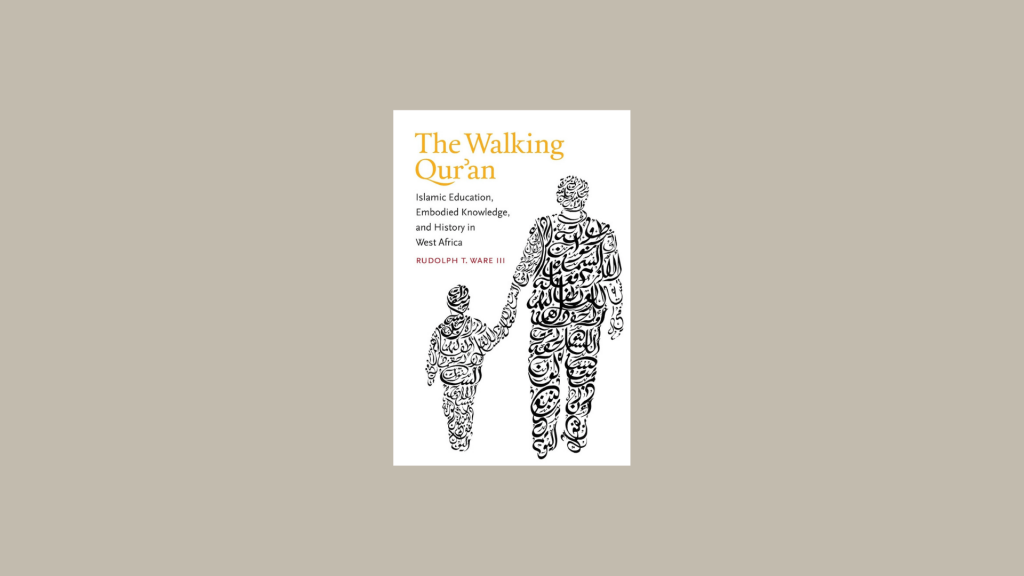Join us for an author evening with Dr Bilal Ware to discuss his book, The Walking Qur’an: Islamic Education, Embodied Knowledge, and History in West Africa. This event will be hosted by Talha Ahsan.
WHEN: Tuesday, 21 December, 2021, 6.45pm GMT
WHERE: this event will be streamed live on IHRC.TV, YouTube and Facebook.
About the book:
Spanning a thousand years of history–and bringing the story to the present through ethnographic fieldwork in Senegal, Gambia, and Mauritania–Rudolph Ware documents the profound significance of Qur’an schools for West African Muslim communities. Such schools peacefully brought Islam to much of the region, becoming striking symbols of Muslim identity. Ware shows how in Senegambia the schools became powerful channels for African resistance during the eras of the slave trade and colonisation. While illuminating the past, Ware also makes signal contributions to understanding contemporary Islam by demonstrating how the schools’ epistemology of embodiment gives expression to classical Islamic frameworks of learning and knowledge.
Today, many Muslims and non-Muslims find West African methods of Qur’an schooling puzzling and controversial. In fascinating detail, Ware introduces these practices from the viewpoint of the practitioners, explicating their emphasis on educating the whole human being as if to remake it as a living replica of the Qur’an. From this perspective, the transference of knowledge in core texts and rituals is literally embodied in people, helping shape them–like the Prophet of Islam–into vital bearers of the word of God.
About the author:
Dr Bilal Ware is a historian of Africa and Islam. He earned his Ph.D. in 2004 at the University of Pennsylvania where he trained in African History, African-American History, and Islamic Intellectual History. Ware’s research spans the last thousand years, centering on West Africa, while reaching into the Mediterranean lands of Islam and the Atlantic worlds of the African Diaspora.
Ware investigates mainly with the tools of an historian, but his approach is interdisciplinary. His research relies on conventional sources of Africanist historiography: archival and documentary work in European languages, and oral history in African languages. Yet his methods have been deeply shaped by the Arabic textualist tradition, anthropology, and philosophy. His work seeks to engage with, intervene in, and push the edges of, African and Islamic studies.
Ware’s teaching focuses on Islamic thought, anti-slavery movements in West Africa and the African Diaspora, and the broader intersection of Race, Religion, and Revolutionary Thought. He has published several articles on these interrelated themes, as well as a book, The Walking Qur’an: Islamic Education, Embodied Knowledge & History in West Africa.








